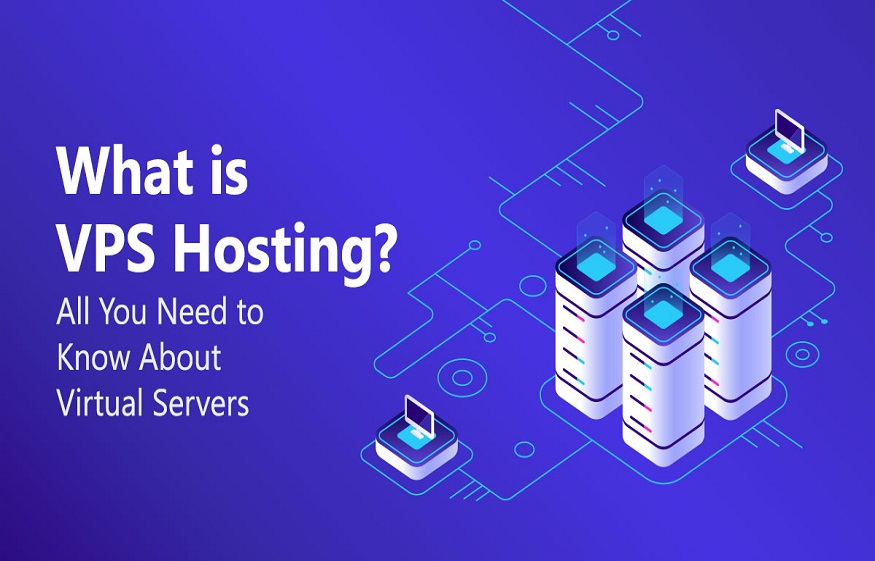What Should You Look For In A VPS Hosting Plan?

There are different types of website hosting servers available like Shared Hosting Servers, Cloud Hosting Servers, Virtual Private Servers, Dedicated Servers, etc. Each of these servers is suited to certain types of websites. Of these, a Linux VPS Server has gained popularity due to the range of benefits offered by it. A VPS offers the control and customizability of a Dedicated Server at a marginal cost.
You can choose between Windows and Linux as the OS, HDD or SSD servers, managed or unmanaged services, etc. based on the requirements of your site. In this article, we will talk about things that you should look for in a VPS Hosting plan.
When you buy VPS Hosting, your website resides on a virtual server that has dedicated resources and full access to the root directory. The host creates multiple virtual servers on a webserver and ensures that each of them is isolated from the others. Here are some things that you should look for in a VPS Web Hosting plan:
1: Where is the physical web server located?
The physical server on which the virtual server is based has a location. As a site owner, it is important to know the location of the server as it can impact the performance of your site. If your target clients are from the UK but the server is located in Australia, then there will be a time lag in processing requests. This can impact the loading speed of your site and cost you crucial SEO points too. Make sure that you choose a VPS plan where the server is located close to your target market.
2: Can you manage the VPS yourself?
Since a VPS offers complete root access, managing it requires technical knowledge. With root access, if you make an error, the server can crash since the changes are made in the root directory. Root access on Linux is similar to administrator access on Windows. Hosting companies understand the criticality of managing a VPS and offer managed VPS Hosting plans where a team of technical experts manages the server on your behalf. If you are not confident of running and managing the VPS yourself, then opt for a managed plan.
3: Can you afford downtime?
Most online users have a low tolerance towards websites that have frequent downtimes. Depending on the criticality of the service provided by your site, you need to determine if regular downtimes can be managed or if they will harm your business and reputation. Sites that have regular downtimes lose SEO ranking too. To avoid this, you can look for a VPS provider that offers 99.9%+ uptime assurance.
4: Cheapest is not always the best – neither is the costliest
When you start looking for a VPS plan, you will be overwhelmed with the options available. While some providers will offer very cheap plans, others might be exorbitant, with each claiming top-notch services. To find the perfect plan for your site, ensure that you read the fine print and ask the right questions. Don’t fall prey to the cheapest plan thinking that it will save money or the costliest plan thinking that it would be the best. Compare features and costs and find the most cost-efficient plan for your site.
There are other aspects like site security that need your attention too. Check the following video for a quick VPS security guide:
Summing Up
Websites play an important role in establishing the brand’s image and trust with its customers. Apart from the content on the site, the experience that each visitor has contributes to its impact and the hosting plan plays a pivotal role in it. Hence, before you buy a VPS Hosting plan, make sure that you assess your site’s hosting needs and choose wisely. Good Luck!








